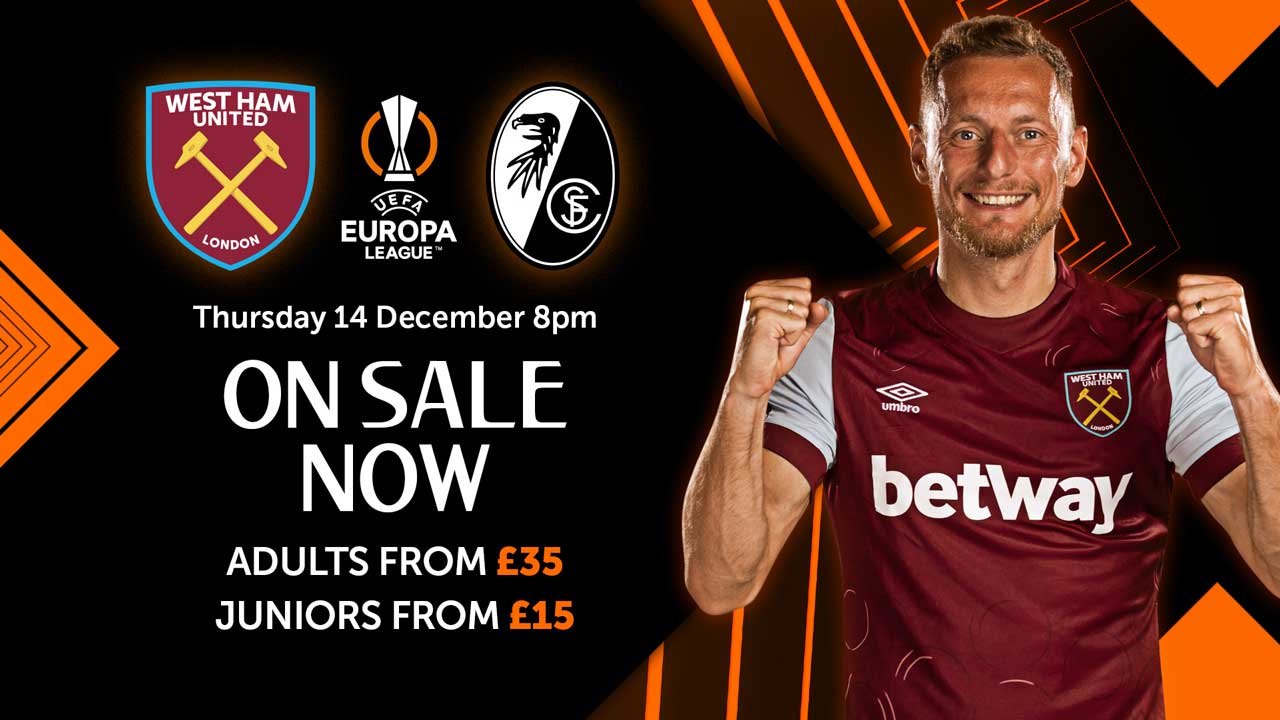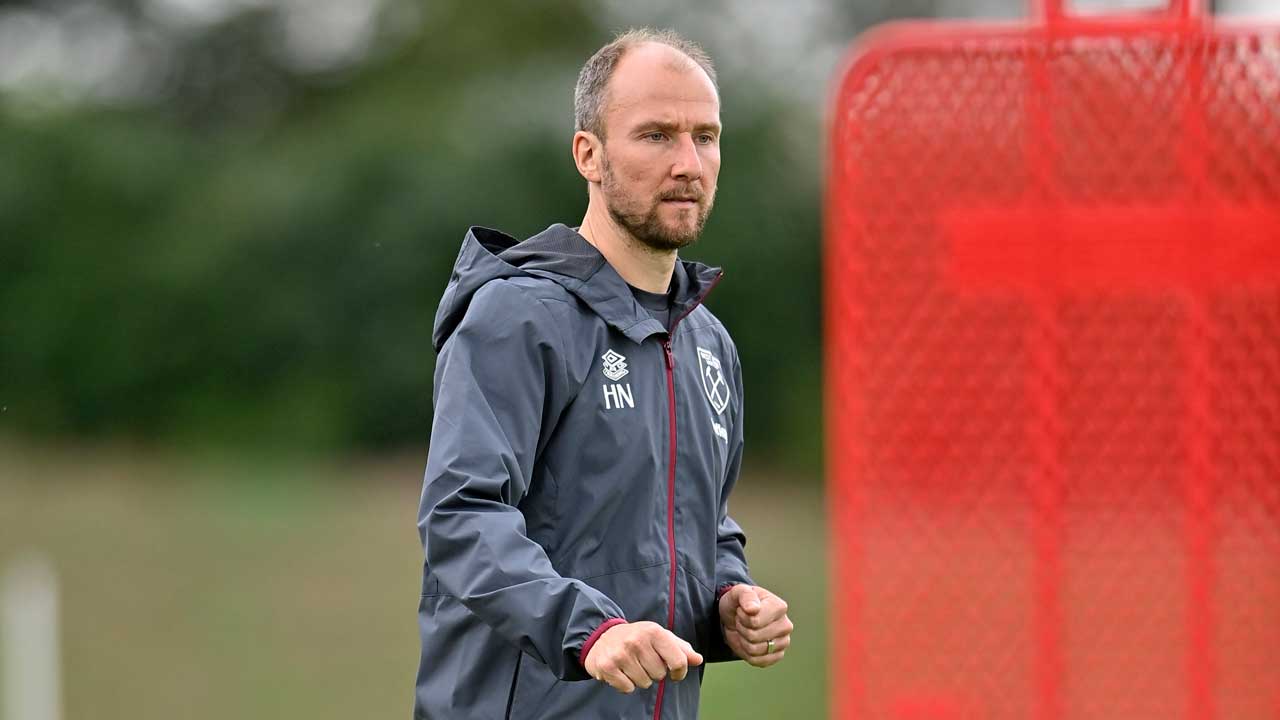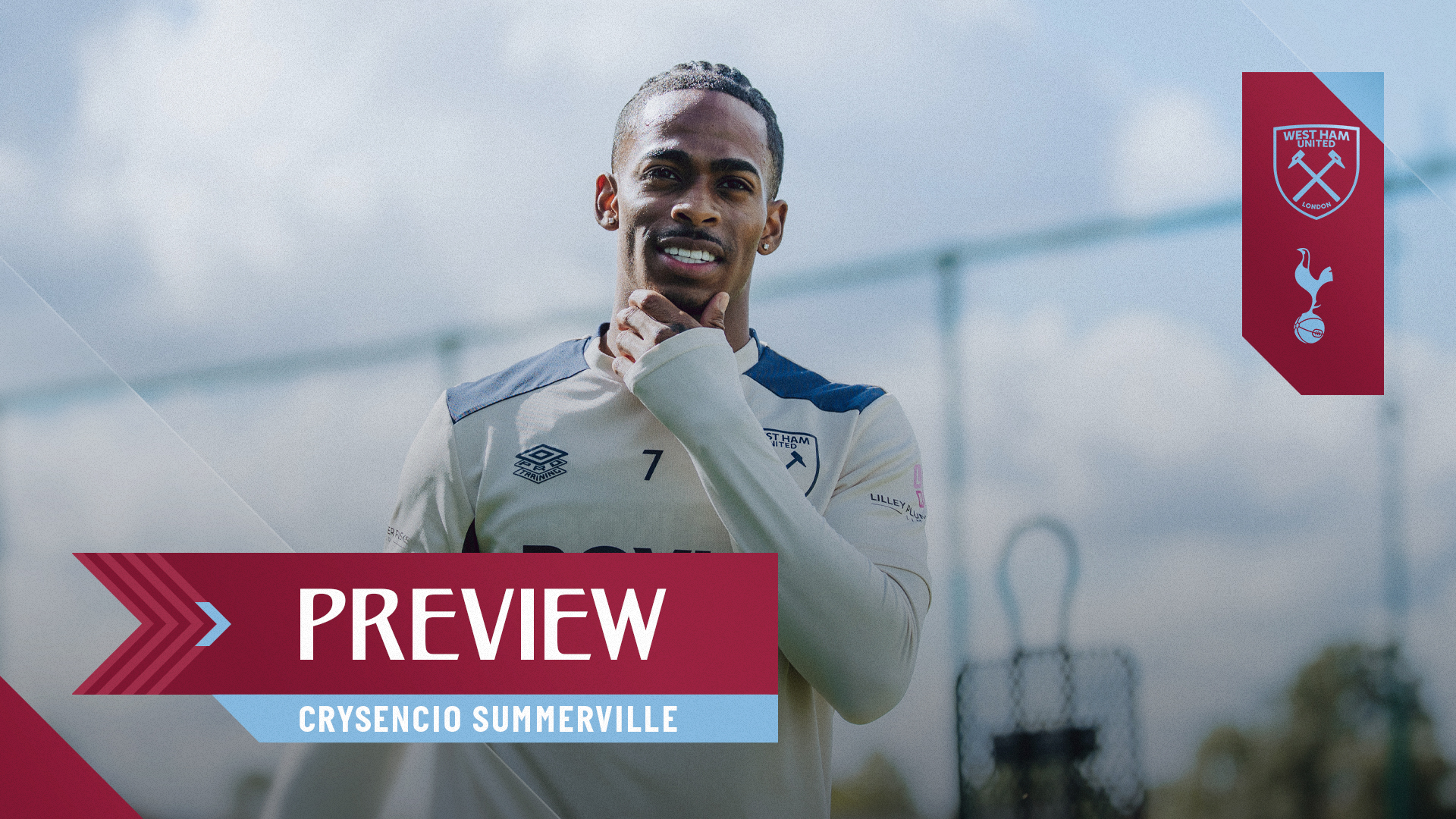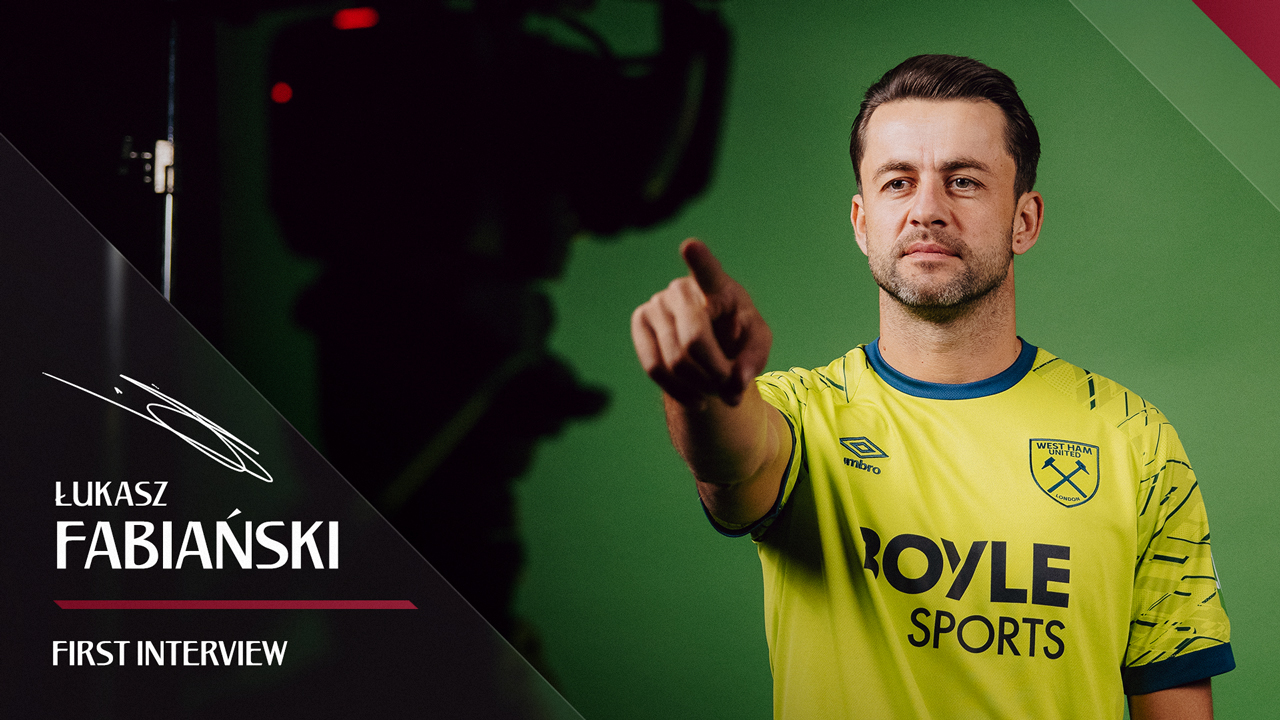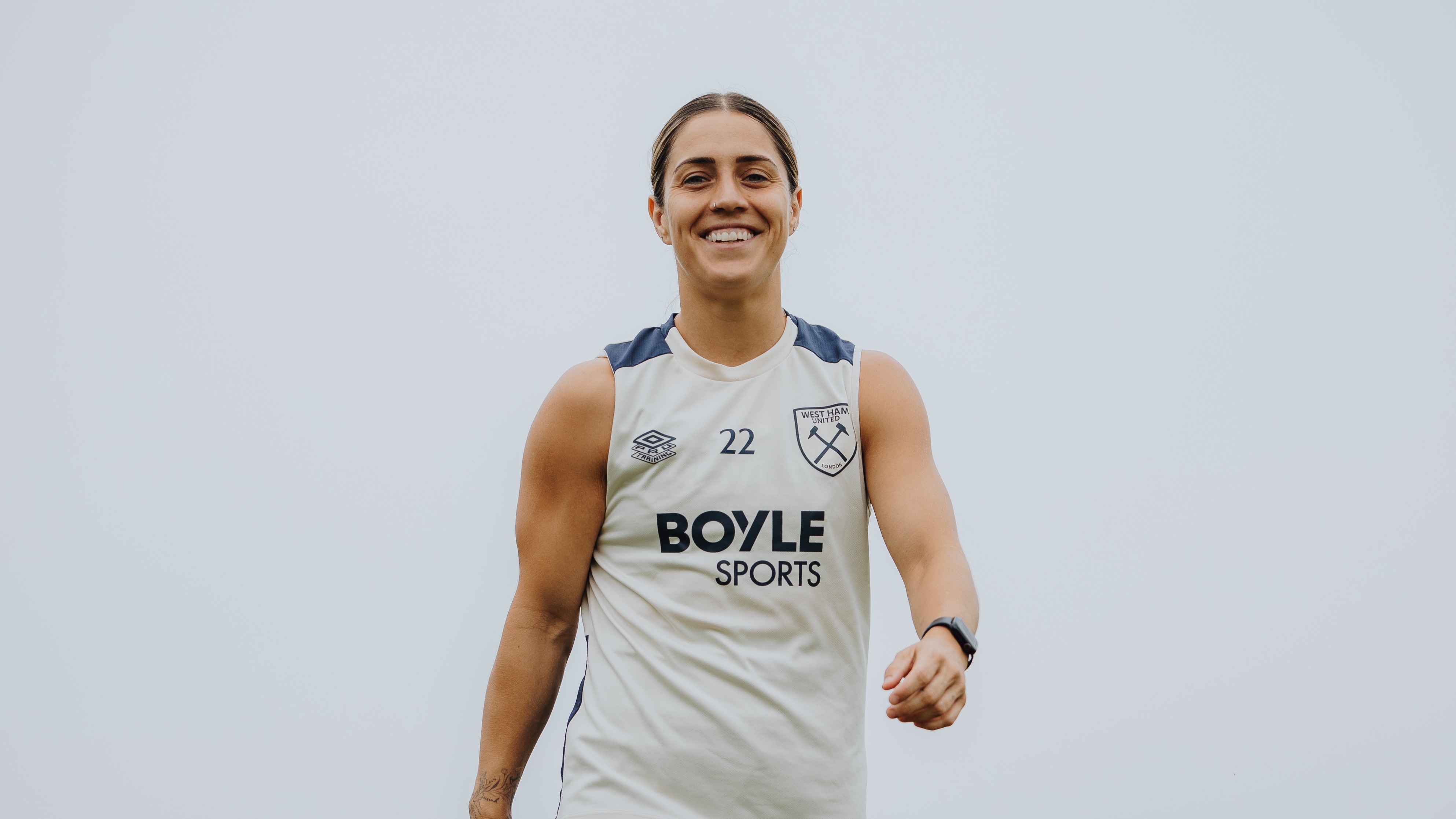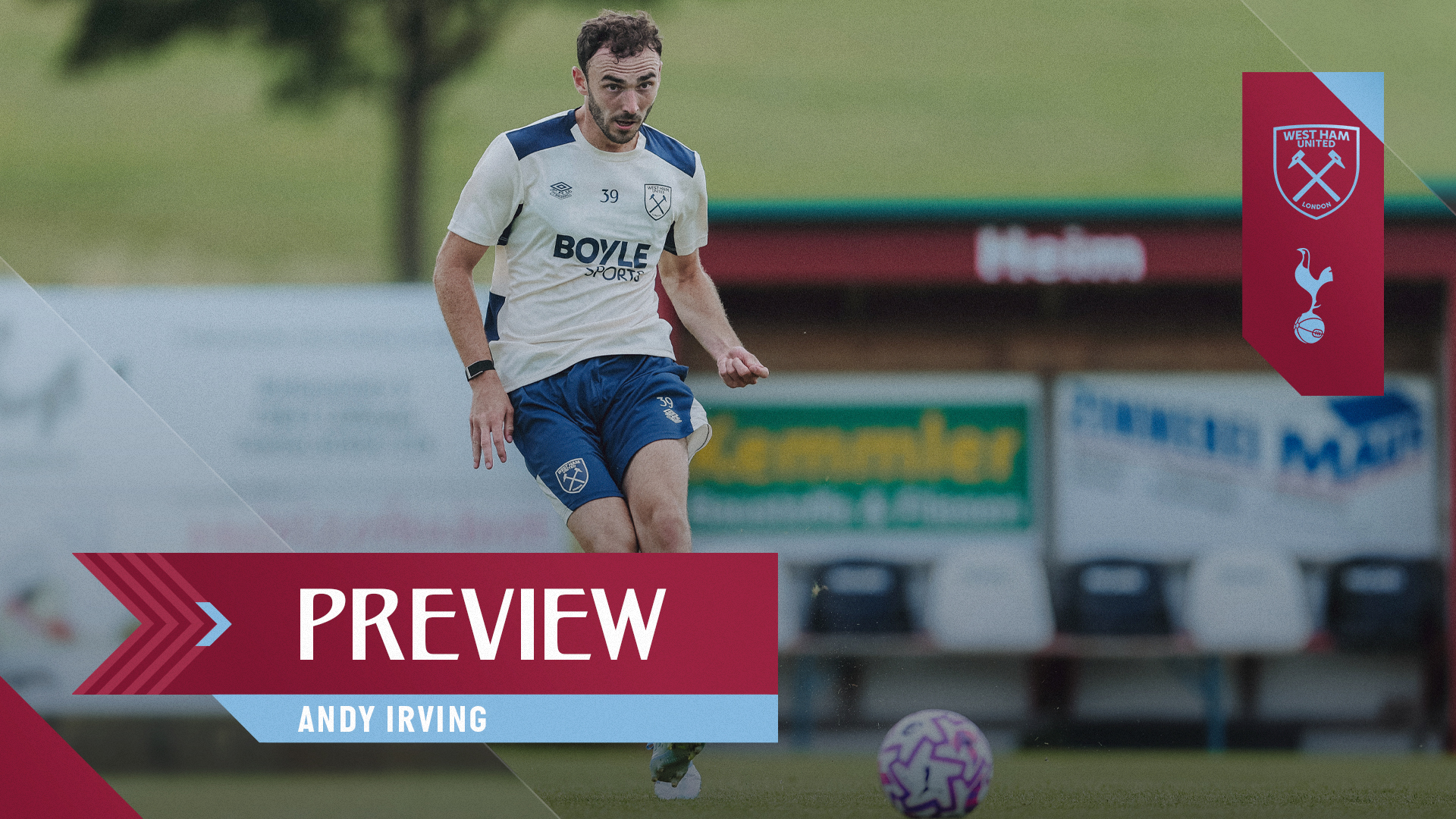It is over a decade since British Cycling performance director Dave Brailsford first introduced the world to ‘Marginal Gains’ and ‘The 1% Factor’.
Brailsford’s now-famous concept suggested that, if every facet of riding a bike was improved by 1%, the overall level of performance of the rider would be significantly increased.
Brailsford’s approach played its part in his team’s riders winning Olympic medals and Grand Tours galore and has since been adopted by coaches in a wide variety of sports, and the terms he coined have become part of the modern vernacular.
Of course, in reality, coaches have been looking for ways to improve their players’ and teams’ performances and results since the first sports were played in ancient times, whether that be in fitness training, tactical guidance, equipment, nutrition, rest, recovery, performance analysis or another area of pre-match preparation.
Football is a sport which, in recent decades, has introduced more and more of what would now be recognised as Marginal Gains, with the aim of giving teams the edge over their opponents in different situations all over the pitch.
Many would have you believe football is a simple sport but, particularly at the elite level, teams emerge from the tunnel with their players’ heads full of complex information about anything from their direct opponent’s weaknesses to how they should change their approach depending on when and who scores the opening goal of the game.
At West Ham United, manager David Moyes has assembled a strong and versatile backroom staff to ensure his team is meticulously prepared and ready for each new challenge, from coaches to performance analysts to scouts to therapists to fitness and nutrition specialists.
One important member of that staff is Henry Newman.
The 34-year-old was appointed as a first-team assistant coach in summer 2023, joining Billy McKinlay, Kevin Nolan, Xavi Valero, Mark Robson and John Heitinga in providing Moyes with the information and support he needs to put a team on the pitch capable of winning every match it plays.
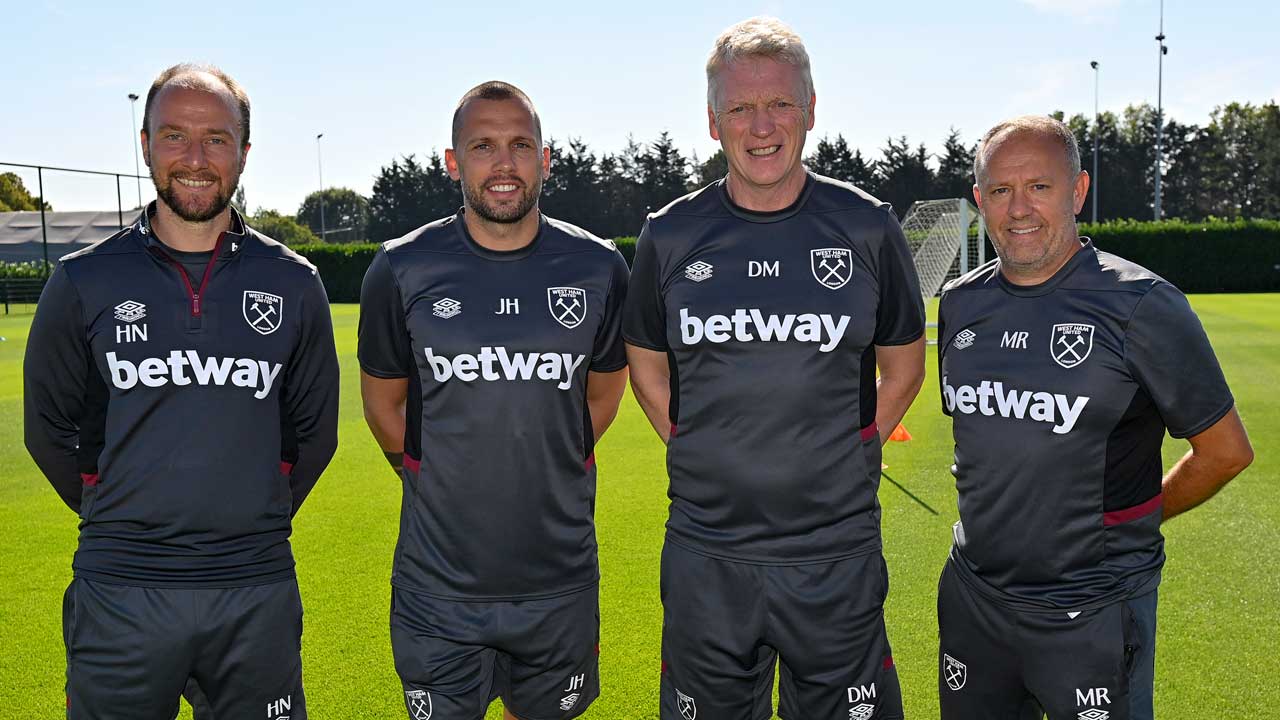
Newman, who initially joined the Hammers as an opposition scout in 2017, before returning after an 18-month break in January 2020, decided at an early age to pursue a career in coaching, while also completing his education and establishing two successful businesses.
Post his education at LSE, Newman turned his talents to two vocations: football and business. The former was a mix of scouting, coaching and a brief stint as a manager. The latter included two businesses, one linked to data analytics and the other away from sport, being a disposables distribution business.
The London School of Economics graduate sat down at Rush Green to explain how West Ham is seeking those Marginal Gains to help the Club continue to thrive on the pitch…
Henry, let’s start with how you initially got into coaching and your journey to West Ham United?
“I’ve coached all my adult life, so when I moved down to London to go to university, I began coaching there from the age of 19, when I was coaching the Under-18 teams at Barnet. I moved from there to Charlton, still during university, where I worked with some really good players and was fortunate enough to play a very small part in the development of some of the excellent players, including Joe Gomez and Ezri Konsa, to graduate from the Charlton Academy.
“Paul Hart and Steve Avory were there [as Academy Director and Academy Manager] and their experience gave me an unbelievable eye opener as to how to identify elite players, how to work with them and ultimately, what was required to make it at the top of the game. That year learning with them, so early in my coaching career, was invaluable.
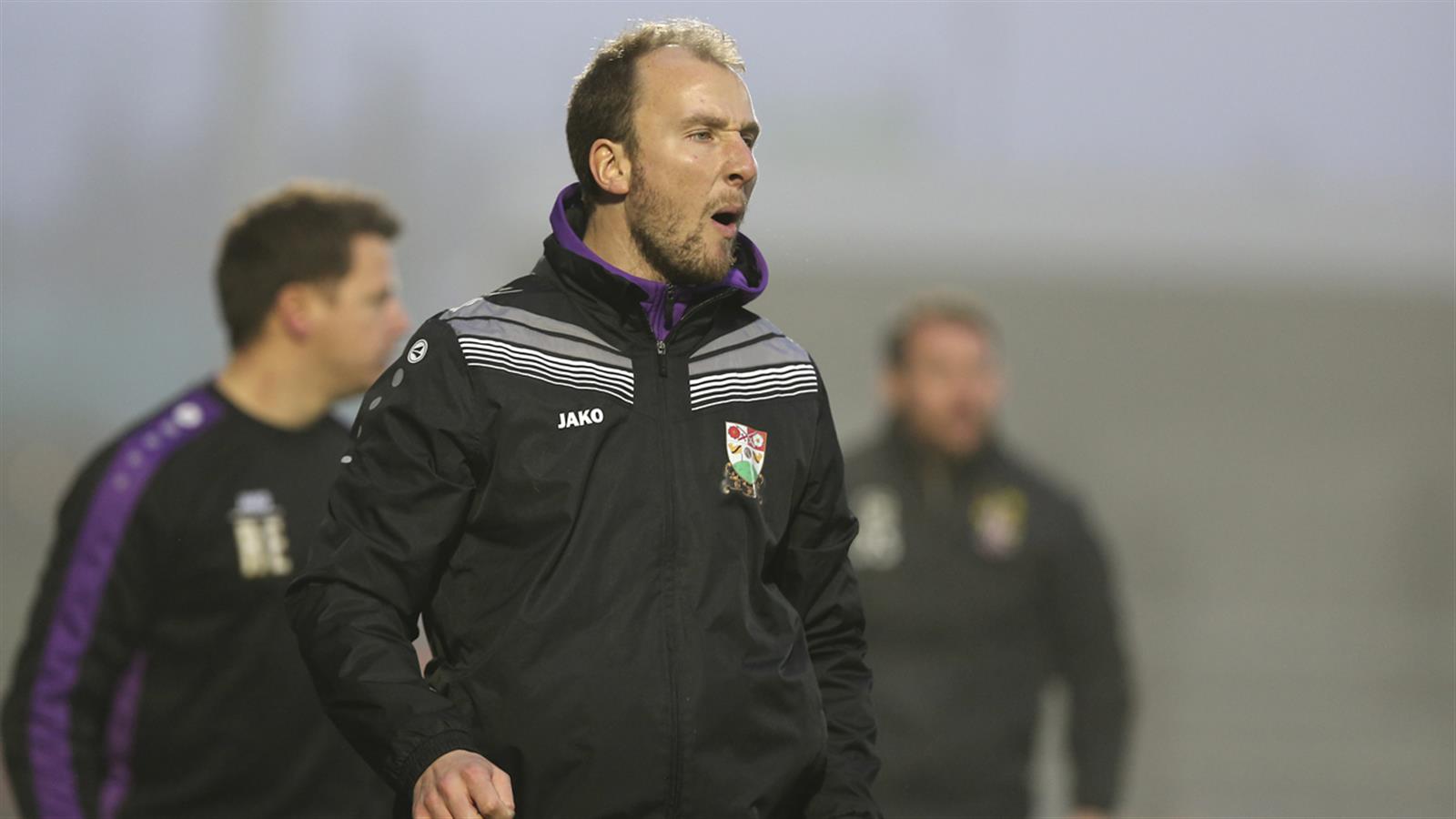
“As time passed, I progressed up the coaching ladder and in time, became Academy Director at Barnet, then joint-interim first-team manager with Rossi Eames. It was a great experience doing that together with Rossi, but ultimately the owner of the club wanted to appoint a manager externally, so when that happened, I took a pivot in my career, started my sports analytics business before, soon after, the opposition scouting role at West Ham came up.
“I worked my way up to lead opposition scout for the manager both the first time he was here and again since his return, so that’s my journey to this point, becoming steadily more involved and now taking on this new coaching role, which involves detailed preparation on the opposition in a coaching role, to help prepare the team not only with documented tactical information, but practically by way of presentations and on the coaching field.”
Football had traditionally been a ‘who you know’ rather than ‘what you know’ industry, but that has changed in recent years, so, without football in your own family or a playing career of your own, how did you come to work with David Moyes?
“On a broader level, I’ve got no background in the game as a professional player and I’ve got no networks in terms of people I could have called to get a job, but what I have got is 16 years of coaching, as well as extensive experience in the use of analytics to optimise performance at 34 years of age. So, I’ve got a lot of experience and the ability to draw on lots of different experiences inside and outside football.
“There are more and more things in the game that are being brought in from outside, and I’ve got small elements of that in terms of offering a fresh perspective and suggestions, whether that be driven directly by my time coaching, scouting or working in my sports analytics business, or indirectly through the broader things I have learnt from my time in education and business outside of football.
“I went to LSE and, since I was a kid, I always wanted to be a manager. I knew that at 14 or 15 years of age. I just loved football. When I started to coach, I felt I had two things – An understanding of the game and an ability to articulate that to whoever I was coaching/speaking to.”

Of course, others with similar backgrounds to your own have held high-profile managerial roles and been very successful?
“One message I’d like to get out there is that it’s possible to climb the ladder. It is not unheard of that people who haven’t played who have gone on to do very, very well in the game. I won’t name drop as we all know who they are. If I have a career that gets even close to theirs’, I will be happy!
“The point is that there are plenty of examples around and, after 16 years of working in the profession, while I don’t have the dressing room experience as a player, I have it as a coach together with a lot of different perspectives from other areas.”
So, before we get onto what you’re doing now, what were you doing as an opposition scout?
“Very simply, my job as an opposition scout was to condense all the information I gathered on the opposition from watching games, analyse the data etcetera, to understand and then attempt to articulate to the coaching staff the opposition’s key strengths, their key weaknesses, how they were likely to hurt us relative to what we do, and how could try to exploit them. Then, it was for me to give my opinion on what our tactical setup could be to try and minimise their threats and maximise the areas of exploitation. Sometimes they agreed, other times they completely disagreed, but that was the job – To give my view, stimulate discussion and hopefully help them 1% in their preparation for the upcoming game.
“The first two points, key strengths and key weaknesses, many people can identify, but the threats and areas to exploit are where it’s contextualized more because it was always relevant to us. Many people can watch a top team and talk about their strengths and weaknesses, but how you contextualize that to us and then, in turn, think about how we minimize their threat, is about understanding our team, having a tactical grounding and using your brain to think about different scenarios that may arise during the game and how you might identify an area where you can exploit their weakness, in a particular area of the pitch at a particular point in the game.”
So, what is your role as an assistant coach and how is it different?
“I can’t get to many games now because of the schedule, so we have staff who do that and my role is to watch what I can, consolidate the information from those that have attended the games, have my own view on that information as well and condense that into two key things – the first is to drive discussion among all the coaching staff about how we optimise our performance week on week against the opposition, the second is to then take that information and make it relevant for the players.
“Some weeks, that might be very minimal because we focus much more on ourselves (which could be for several reasons), while in other weeks that might be much more of a driving factor based on what we are coming up against. That’s the key thing – sometimes that information might be crucial to the tactical grounding for a game, while at other times it will be little pieces of supplementary information to help improve the players’ preparation and performance by 1%.”
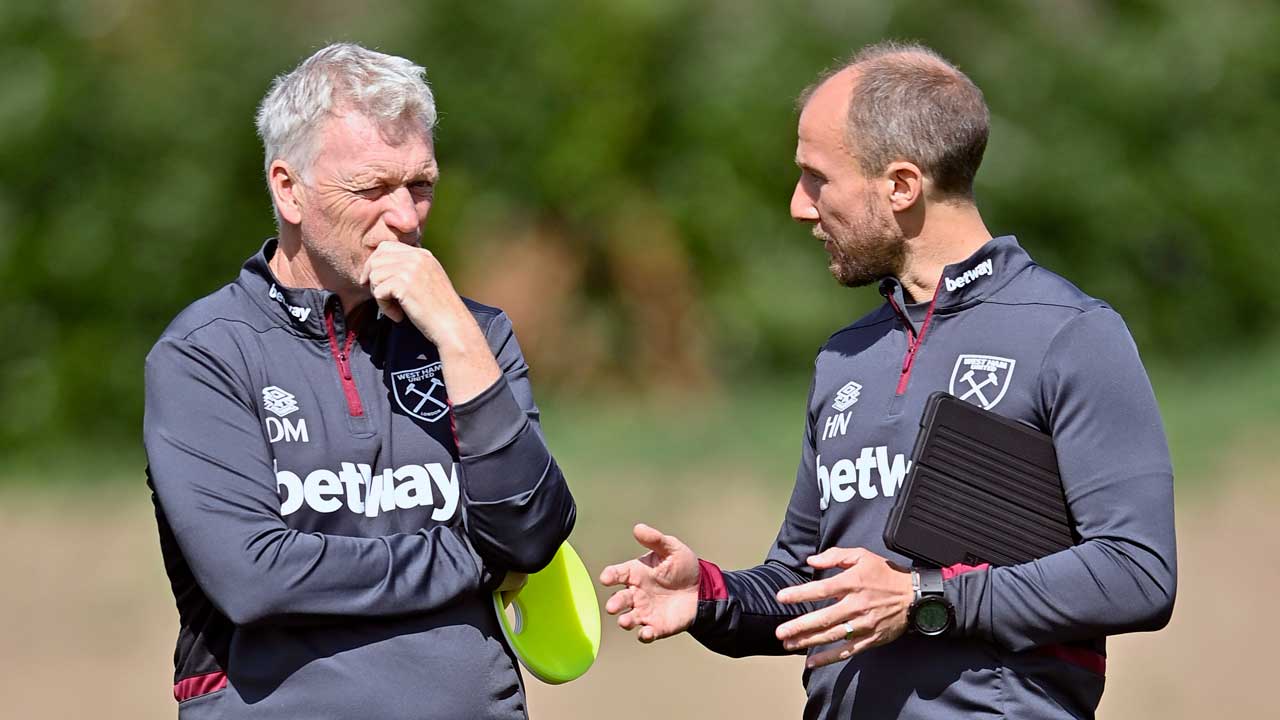
With your background in data and analytics, how do you feel the game is changing to adapt to the growing influence of them both in football?
“I spent three years going to games, so there was no data in that in and of itself, but I might see something in a game and think I need to go and investigate it more and see what the data is saying. Sometimes the data might support it, and I’ve found something, but at other times it might not, in which case I will watch a bit closer to see if there is genuinely something there that I need to report on.
“On the reverse, I might look at the data and discover something unexpected that I hadn’t spotted watching games. This could be about where they concede their highest value chances, or who has most influence in their attacking build (just two examples). Then, I’ll watch a game and look at those things more closely. Ultimately, there is a vast array of information available to us now as coaches. So much of it is just noise that the skill comes in trying to condense this information into what is most relevant to us, now. Once this is identified, it becomes a two-way process: using your eyes and using the data to try to reach the best possible outcome.”
Do you have to go into your role with an open mind, even though we all have preconceptions about how certain teams and individuals play?
“Of course, you want to look at things from as neutral a position as possible, and you also want to consider everything. So, there might be a data point that’s obvious that shows where a team’s strengths are, but it might not be so relevant to our own preparation for the game, because it might be something that our style of play is likely to combat. Therefore, that might be a lesser area of focus. There could be another area of the field which might hurt us where we didn’t expect. So, it’s about contextualizing the areas of threat and to exploit, as I said earlier.”
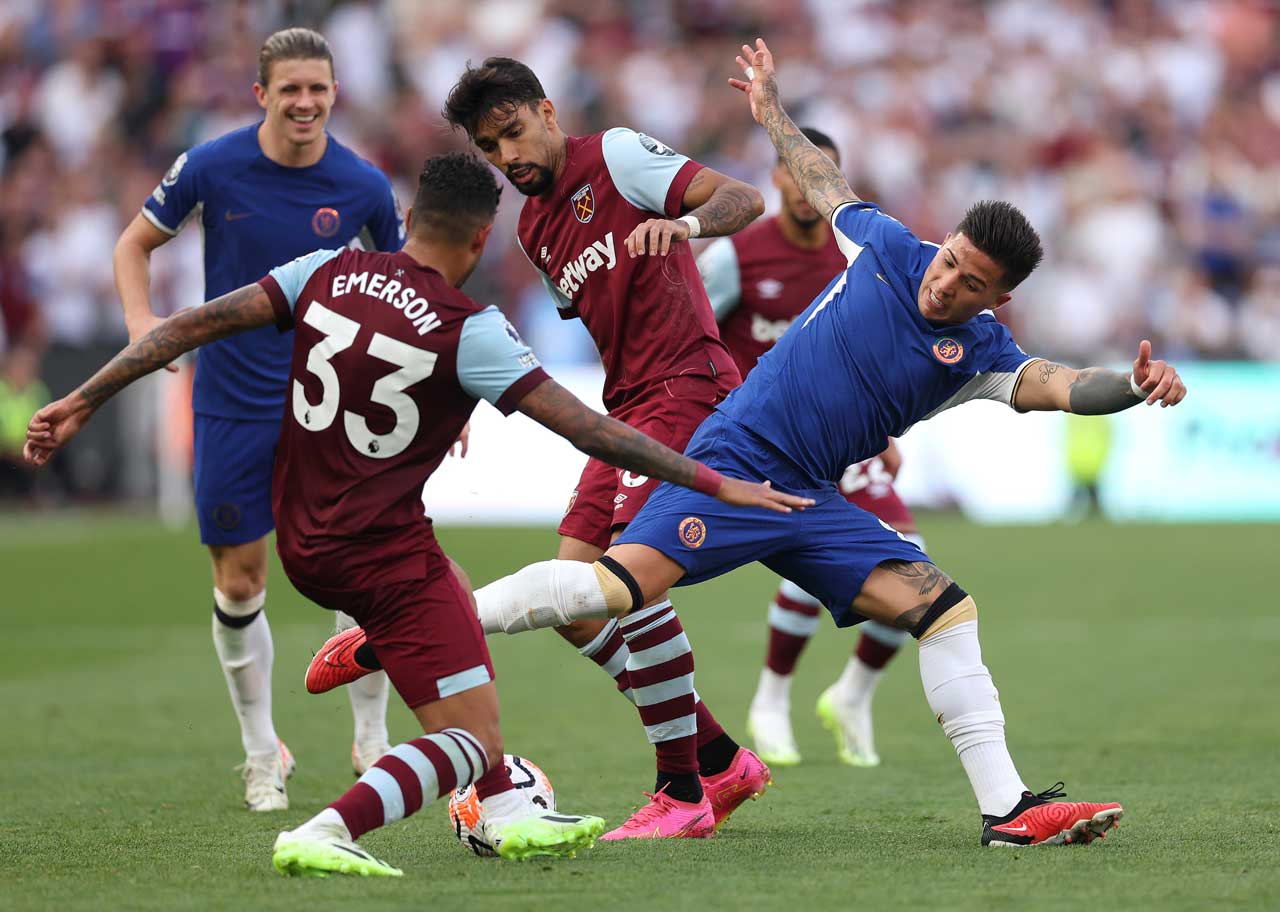
There are so many variables in a game of football – injuries, the weather, fitness levels, the playing surface, a player being sent-off – so how to do prepare for them?
“A team’s style of play might not change too much under the same manager from game to game, but the personnel can tweak our areas of focus, again leading to us analysing the opposition relevant to us, so we can create an edge. If a player is ruled out, for example, how can we use that to our advantage?
“We then need to be prepared to pivot when the team sheet comes out, depending on who is playing and where they are playing, because different players have different strengths and weaknesses in different positions. The versatility of the teams in the Premier League nowadays means it is essential to have plans in place based on different scenarios linked to personnel, but also linked to how a game might develop in-play. This could be linked to the opposition setup when they are winning or losing, how they start games vs. how they finish games, or even a sending off, like you said.”
Final question, then. That the manager has brought you and other coaches in to assist him in different ways suggests he is receptive to other inputs before he makes his ultimate decisions?
“The manager wants to be as informed as possible. From my knowledge of working with him, he wants information from everyone in his team to help him make the best-informed decisions.”
“We’ve all got different roles and responsibilities and mine is opposition focused, so I have less of an input into certain other areas. My main input comes when we talk about tactical preparation for the opposition. We might touch upon styles of play we might utilize, which could impact on the training we do in the days leading up to the game.
“Everyone has got their different jobs, which makes things easily defined and we look to complement each other in our respective areas.”
